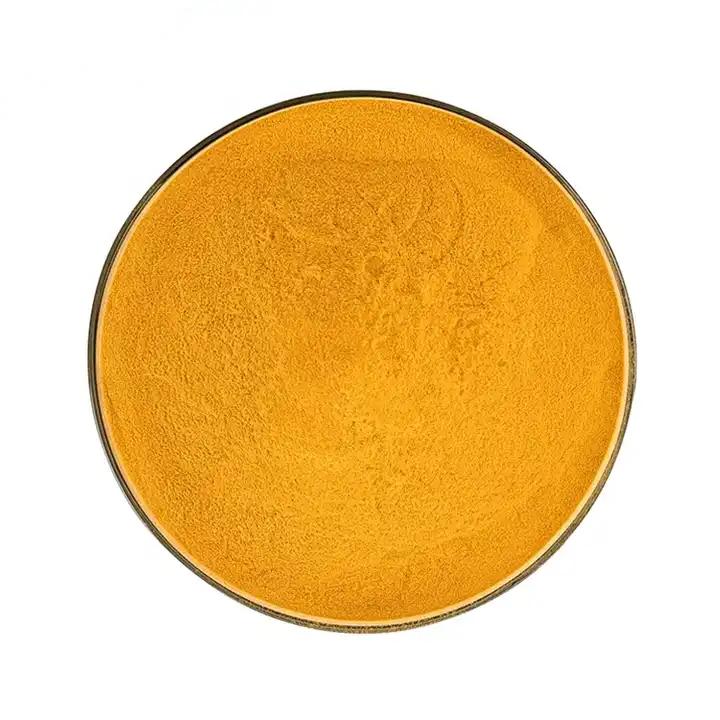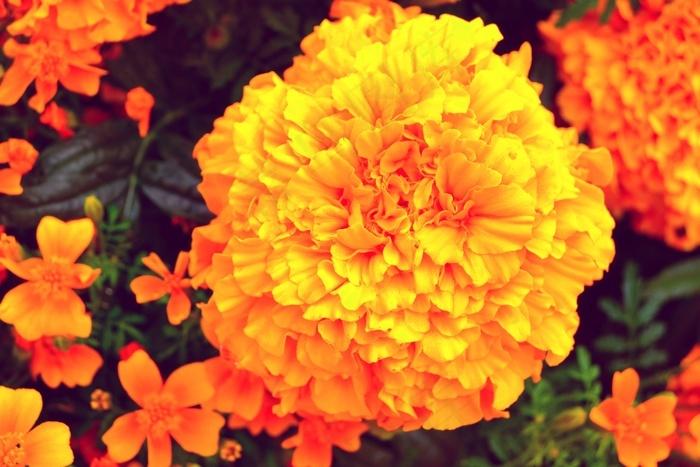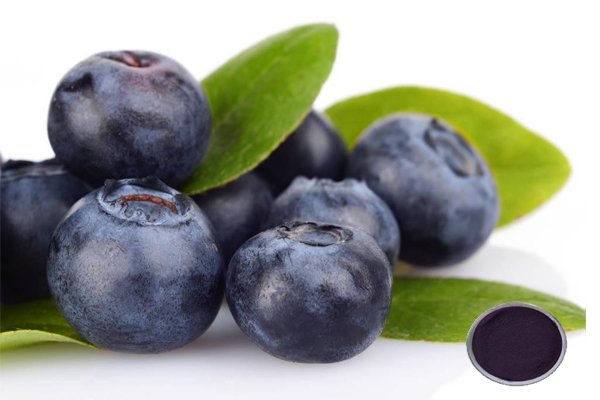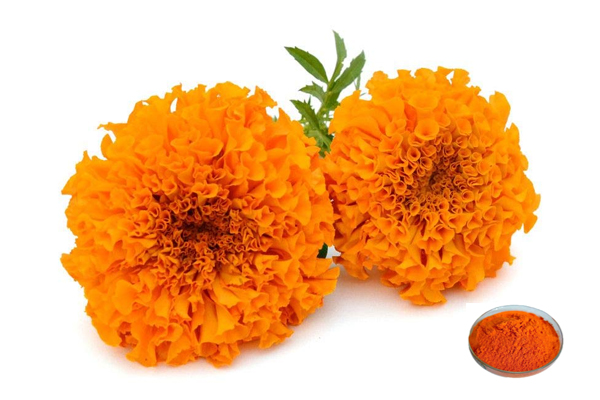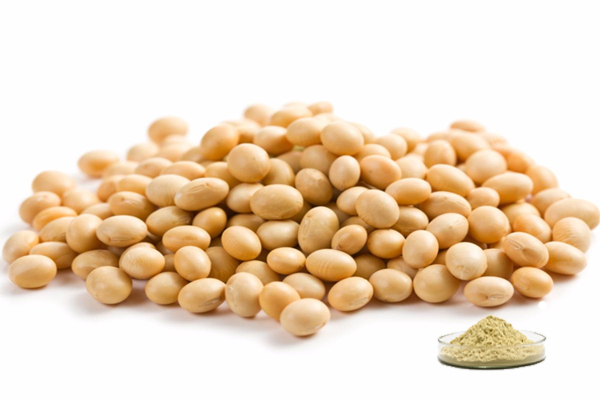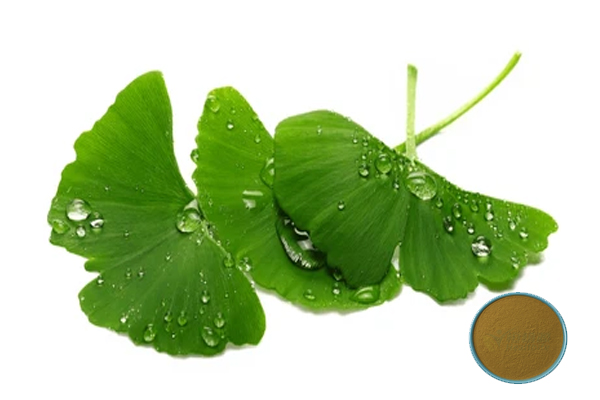Extracto de caléndula 10% polvo de zeaxantina
Fuente de la planta: flor caléndula
CAS No. 144-68-3
Ingredientes activos: ceaxantina
Ensayo: 10%
Método de ensayo :HPLC
Aspecto: polvo fino de color naranja
Residuos de plaguicidas: cumplir con la norma (CE) n º 396/2005
- descripción
- Hoja de datos
- Certificado de certificado
-
¿Qué es el extracto de caléndula zeaxantina en polvo?
La zeaxantina es un componente del pigmento soluble en grasa del grupo luteína y un derivado dihidroxi del beta-caroten. La zeaxantina se encuentra en grandes cantidades en los tejidos de las plantas como las verduras verdes, semillas de maíz, bayas de goji y frutas de baya agri, y en algunas bacterias no fotosintéticas.
Extracto de caléndula zeaxantina Polvo polvo polvo Es un nutriente natural, un carotenoide oxigen, y un isómero de luteína. Zeaxantina pura es un polvo cristal, de color naranja roji, inodoro. Su solución diluida es de color rojo anaranjado por encima de 10 ℃ para el líquido oleoso de color rojo sangre, por debajo de 10 ℃ para el aceite amarillo semisolidificado.
Extracto de caléndula polvo de zeaxantina suministrado por la tecnología de primavera verde se obtiene de una flor de caléndula de alta calidad, que se cultiva en un área donde los pesticidas son raramente utilizados y la calidad del suelo y el agua se miden para verificar si hay residuos químicos. Esta flor de caléndula es más productiva, densamente petal, resistente a las enfermedades, resistente a las caídas y de alta calidad y robustez. Su uso de pesticidas e insecticiestá estrictamente controlado durante el cultivo, y el uso de etoxquinolina está estrictamente prohibido. Cumple plenamente con las normas pertinentes de FA0/ OMS, con eficacia, cientificidad, seguridad y estabilidad.
La tecnología Green Spring organiza la producción de acuerdo con las normas ISO, HACCP y otras normas de calidad. Tenemos un riguroso proceso de control de calidad interno para asegurar que se cumplan los estándares de calidad. Cada paso del proceso de producción es monitorey probado para asegurar el cumplimiento de las normas internacionales como la farmacopea europea, la farmacopea de Estados Unidos y la farmacopea japonesa. Hemos aprobado Halal, Kosher, COSMOS, BRC, IFS, FDA, ISO y muchas otras certificaciones. Podemos proporcionar informes de prueba autorizados de terceros.
Especificaciones:
Nombre del producto
Polvo de zeaxantina
Nombre latino
Tagetes erecl.
CAS No.
144-68-3
fuente
Flores de flores de flores
especificación
10%
Método de ensayo
HPLC
apariencia
Polvo fino de naranja
Residuos de plaguicidas
Cumplir con la norma (CE) n º 396/2005
Reglamento:
Se ajusta a la normativa de la UE.
¿Busca un presupuesto?Benefits:
Antioxidant
Carpenter et al. investigated the inhibitory effect of zeaxanthin powder on the oxidation of low-density lipoproteins under in vitro conditions, and from the results, it was found that this type of carotenoid in food helps to slow down the process of atherosclerosis. The antioxidant mechanism of zeaxanthin lies in the property of co-choked unsaturated double bonds that it possesses as a carotenoid, a property that gives it a strong ability to react with oxygen, allowing it to react rapidly with oxygen and with free radicals produced as a result of oxidation, blocking the chain of peroxidation, and interrupting the chain of peroxidation.
Benefits for Macular Disease
Krinsky discusses the protective effects of marigold flower extract zeaxanthin and lutein on the retina, examining their role as light filters and their antioxidant activity, as well as the increase in ocular macular pigmentation following increased dietary intake of zeaxanthin and lutein powder. Mares et al. reviewed the health benefits of zeaxanthin, suggesting that increased intake of these carotenoids will result in increased concentrations in the organs of the body, particularly the eye and that increased concentrations of these carotenoids in these organs can reduce the risk of chronic diseases, including cataracts, cancer, and heart disease.
Cancer Prevention
Elevated levels of reactive oxygen species in liver cancer cells can cause damage to nuclear DNA, mutation of mitochondrial DNA, and peroxidation of proteins and lipids. Lutein helps to reduce the level of reactive oxygen species in human hepatocellular carcinoma cells HepG2, and to a certain extent, it can prevent the deterioration of hepatocellular carcinoma.
The presence of polar genes at the structural end of lutein may have enhanced the growth of antigenic lymphocytes and influenced the functional expression of cell surface molecules, thereby enhancing autoimmunity. In animal experiments, lutein was found to be mainly distributed in the liver and spleen organs after digestion and absorption and had a promoting effect on cellular and humoral immunity. Marigold extract zeaxanthin powder also inhibits tumor growth by preventing lipid peroxidation and prevents DNA damage to epithelial cells by ultraviolet radiation.
Prevention of Cardiovascular Diseases
Marigold Extract Lutein and zeaxanthin powder can prevent atherosclerosis and other arterial cardiovascular diseases by combating lipid peroxidation of LDL through antioxidant action and delaying the formation of arterial plaque. It has been found that dietary supplementation of lutein can improve the inflammatory response and oxidative stress of endothelial cells, delay the formation of atherosclerosis, and help reduce the risk of coronary heart disease. In another study, zeaxanthin was co-cultured with human macrophages and LDL for 24 h. It was found that the oxidative process of LDL was inhibited, suggesting that zeaxanthin powder helps to alleviate atherosclerosis.
Applications:
In the Food Field:
In September 2016, the US FDA did not object to the GRAS certification application for zeaxanthin (extracted from marigold), confirming the safety of zeaxanthin's widespread use in functional foods and beverages. The safety of zeaxanthin, derived from marigold, was further affirmed on May 31, 2017, when it was approved by China's Health Care Commission as a new food ingredient.
For Feed Product:
On 9 March 2021, the European Union published Regulation (EU) 2021/420 authorizing the use of lutein-rich and lutein/zeaxanthin extracts from Marigold Flower as feed additives for the fattening and egg-laying of poultry (other than turkeys) and for the fattening and egg-laying of small poultry, which entered into force on the twentieth day from the date of publication.
-
Get Your Free COA


 inglés
inglés francés
francés español
español ruso
ruso coreano
coreano Japonés japonés
Japonés japonés



